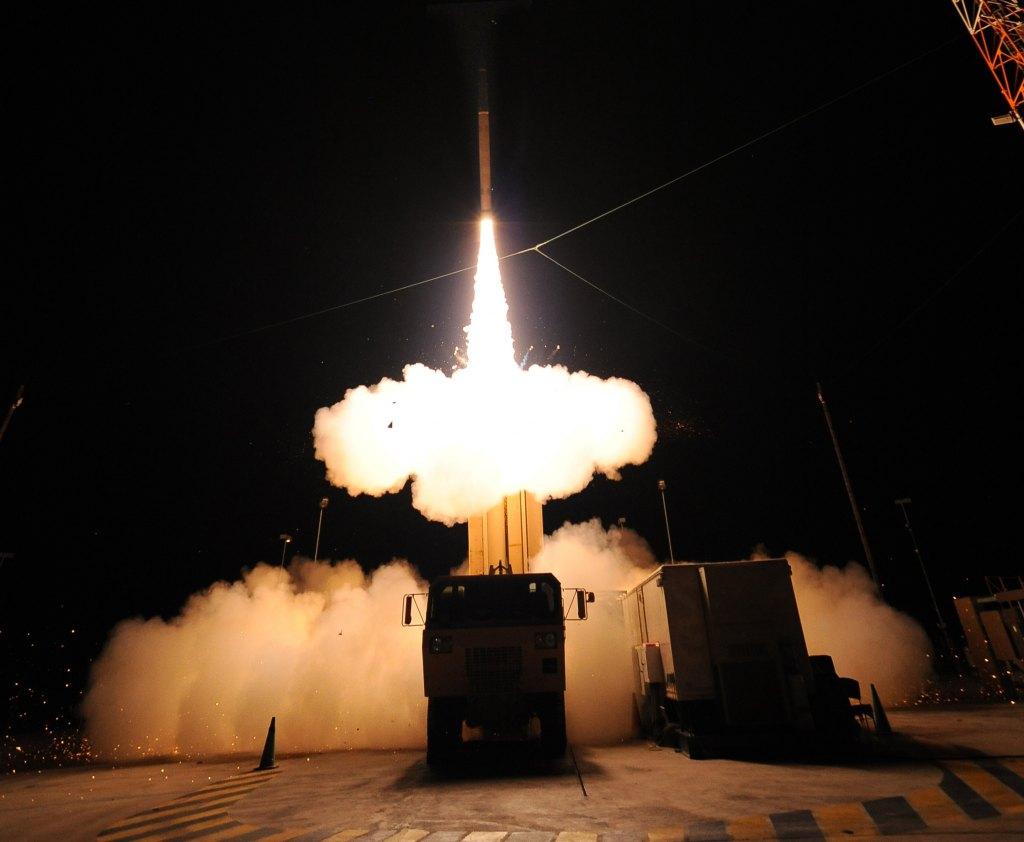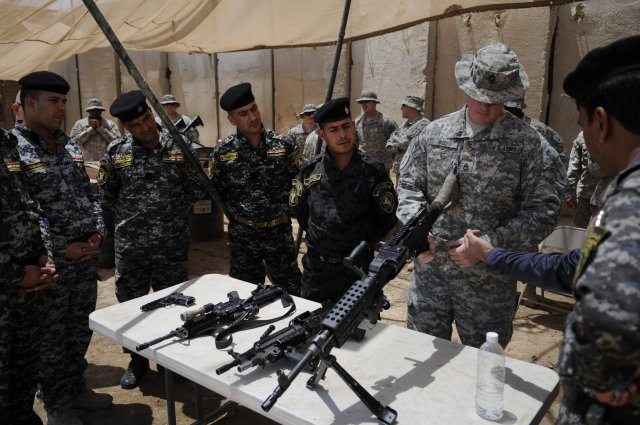NATO Secretary General Anders Fogh Rasmussen on Tuesday bluntly rejected a Russian proposal to end a dispute on missile defence that threatens a rapprochement between Moscow and the Western alliance.
Russia has indicated it would be ready to drop its opposition to NATO installing missile defence facilities in ex-Communist eastern Europe if it provided legal guarantees the system would not be directed against Russia.
“The most promising path towards greater trust is more discussion, more political debate and exchange, rather than complicated legal formulas which would be difficult to agree on and ratify among 29 countries (the NATO member states and Russia),” Rasmussen said in an interview with the Interfax news agency released on Tuesday.
Rasmussen spoke ahead of a meeting of the Russia-NATO Council in Brussels on Wednesday where Russian Defence Minister Anatoly Serdyukov is expected to seek to convince his Western colleagues to sign such a legally binding cooperation treaty.
Moscow wants details like the maximum amount and types of interceptor missiles, their speed as well as locations for missiles and radars to be spelled out in the treaty, Kommersant reported on Monday.
NATO and Russia have been seeking a breakthrough in relations to end years of hostility since Russian President Dmitry Medvedev met NATO leaders at a summit in Lisbon last year.
The Western bloc however rejected Medvedev’s idea of dividing the European continent into sectors of military responsibility, with Rasmussen saying the two sides should keep their systems separate.
Rasmussen reiterated that the two sides should not merge their systems.
“The reason is simple — NATO cannot outsource to non-members collective defence obligations which bind its members,” he told Interfax.
But he also insisted that the block’s eastward expansion did not threaten Russia’s interests, saying “the process itself has been beneficial to Euro-Atlantic security, including that of the Russian Federation.”
On Monday, Russian and NATO fighter jets began an unprecedented joint exercise, teaming up in a bid to prevent attacks such as the September 11, 2001 strikes on the United States.











